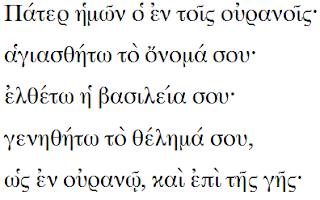Stop Talking About World Literature
There is a very healthy desire currently in English departments across the UK to introduce a wider and more diverse range of writers. There are lots of requests on Twitter for example for help and suggestions. Which poets could I include? Beyond the wonderful Malorie Blackman, what authors of colour could I choose as readers? Are there any good short stories by BAME authors out there? How can I as a white, middle-class teacher make sure that my students encounter someone who looks like them, sounds like them in my classroom? How can I ensure that my curriculum is not packed with pale, male, stale authors? But then I think we fall into a trap. We feel the need to signal the diversity. I don't think that this is "virtue signalling" necessarily - that would be beyond cringy - it's more that teachers work in a world where we have to "prove" and "evidence" what we do. So what do we do? We create a scheme of work and use labels like "World Poetry
